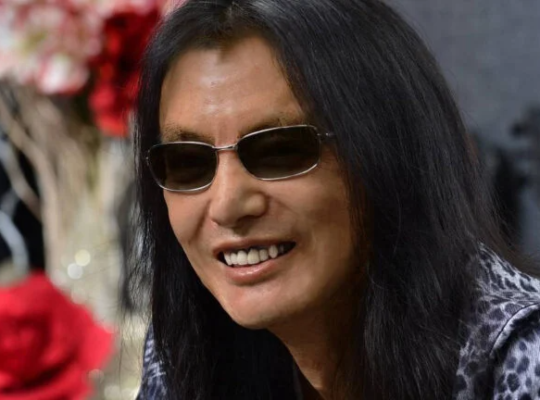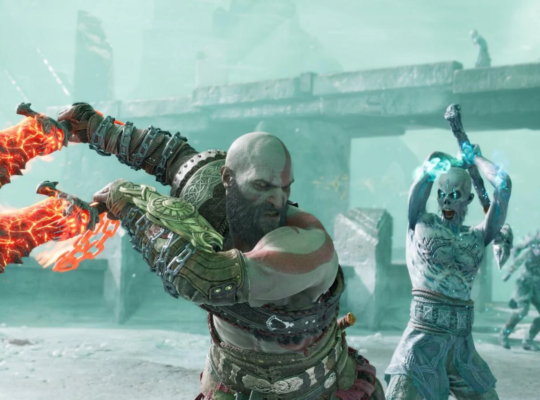
Unity CEO John Riccitiello has announced his retirement and is stepping down from his role as the chief executive officer of the game development platform company.
John Riccitiello’s tenure at Unity Technologies came to a sudden end, less than a month after he unveiled a contentious change to the company’s pricing structure. This change deeply upset the thousands of software developers who rely on Unity’s tools for video game development.
Unity, renowned for providing the foundational software for video games, has historically charged developers an annual licensing fee. However, in September, the company introduced a new pricing structure. This change meant that developers would be charged additional fees for each download of their games, resulting in rising costs as their games gained popularity. John Riccitiello played a pivotal role in advocating for this change.


In a statement, Mr. Riccitiello expressed his sentiments, saying, “It’s been a privilege to lead Unity for nearly a decade and serve our employees, customers, developers, and partners, all of whom have been instrumental to the company’s growth. I look forward to supporting Unity through this transition and following the company’s future success.”
Unity did not provide specific reasons for Mr. Riccitiello’s abrupt departure, despite his nine-year tenure as the company’s president, chairman of the board of directors, and CEO. Unity did not respond to requests for comment, and Mr. Riccitiello was unavailable for immediate comment.
His sudden exit highlights the precarious position he found himself in as Unity attempted to address financial challenges. However, the abrupt shift in the company’s financial model drew backlash from numerous programmers who heavily rely on Unity for their businesses.

Unity’s announcement of the new fee structure in September prompted criticism from developers, including those behind some of the world’s most popular mobile games like Among Us and Slay the Spire. The controversy even escalated to the extent that a threat was made, necessitating the involvement of federal law enforcement and the evacuation of two of Unity’s offices. Although Unity eventually rolled back some of its planned changes, the damage had been done.
Unity has appointed James Whitehurst, a seasoned tech industry professional, as interim chief executive while the company conducts a search for its next CEO. Mr. Whitehurst has previously held senior roles at IBM and worked extensively with Red Hat, Delta Air Lines, and the Boston Consulting Group.
In its statement, Unity confirmed that it stands by the guidance it previously provided for its third-quarter earnings report. The company anticipates continued revenue growth, although it remains unprofitable.
John Riccitiello has a history of involvement in controversial decisions. During his nearly two decades at video game giant Electronic Arts (EA), where he served as CEO, he gained a reputation for exploring unconventional monetization strategies in games, sometimes frustrating players. One notable example was proposing that players pay a dollar each time they reloaded their virtual guns in Battlefield, a popular first-person shooter game. He left EA in 2013, apologizing for the company’s poor financial performance.
Upon joining Unity in the subsequent year, he stirred controversy by suggesting that developers who did not find swift ways to monetize players were “idiots,” eliciting strong criticism.
Under his leadership, Unity achieved a successful initial public offering in 2020. However, Unity’s stock price has declined since then, largely due to challenges posed to its advertising business by Apple’s restrictions on data collection from users of its mobile devices.

As Unity embarks on a new chapter following John Riccitiello’s departure, the company faces both opportunities and challenges in the rapidly evolving landscape of game development.




